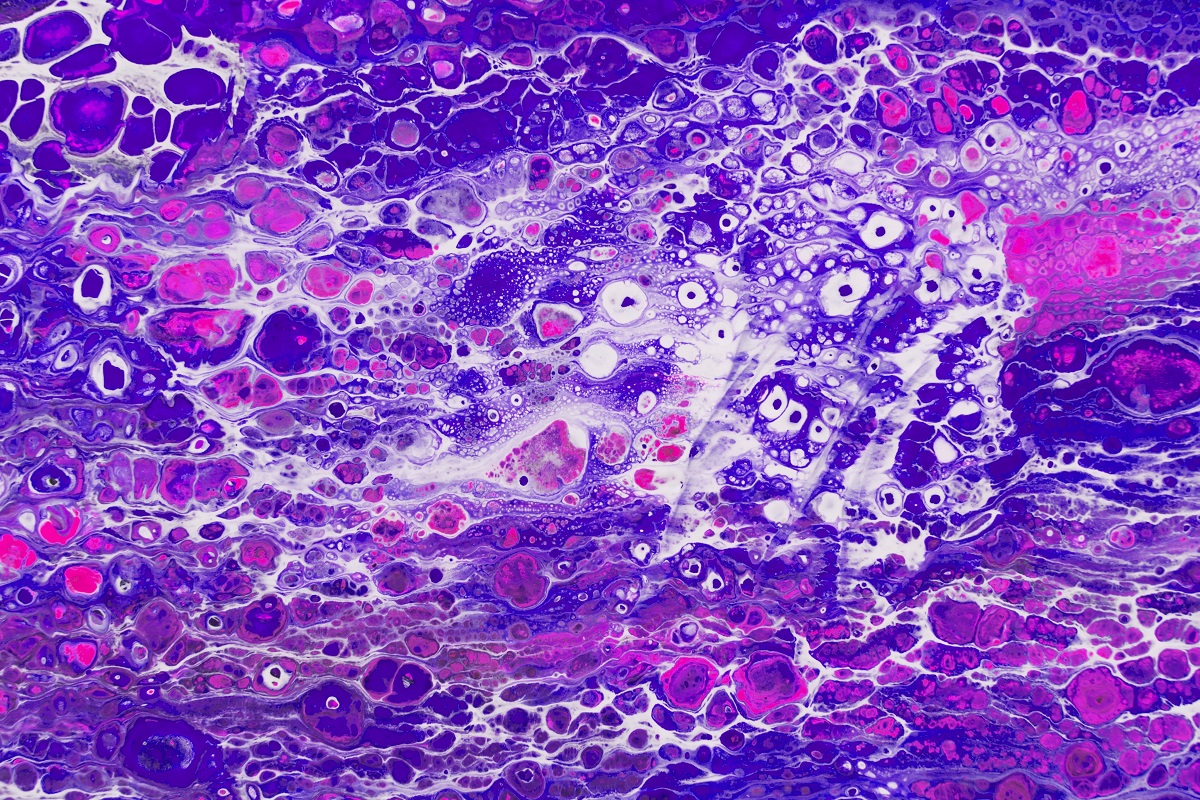KEY TAKEAWAYS
- The ALARICE study aimed to evaluate the efficacy and tolerability of avelumab and axitinib against cervical cancer.
- The primary objective was to determine ORR.
- Avelumab and axitinib could produce statistically meaningful responses in pts with cervical cancer regardless of AEs
Platinum-based chemotherapy ± adjunctive therapies (bevacizumab and pembrolizumab) are the standard treatment procedure for advanced or recurrent cervical cancer while immunotherapy is only advisable for the PD-L1 positive tumors.
Ka Yu Tse and her team selected 21 patients (pts) with cervical cancer following at least 1 course of platinum-based chemotherapy, with no prior exposure to immunotherapy were administered avelumab at a dosage of 10 mg/kg every two weeks alongside axitinib at 5 mg twice daily on a four-week cycle for 12 cycles unless impeded by disease advancement or intolerable adverse events. The main objective was to calculate the objective response rate (ORR).
About 21 pts, 11 pts (52.4%) were diagnosed with squamous cell carcinoma, and the majority (88.2%) exhibited a PD-L1 combined positive score exceeding 1. On average, pts had undergone one line of chemotherapy, with a range of 1 to 2. The median number of cycles of avelumab received was 9, ranging from 2 to 12 cycles.
The predefined endpoints were achieved in the first stage of the study, leading to its premature termination. ORR, as evaluated by an independent radiologist, was 33.3% (7/21) with a disease-control rate (DCR) of 52.4% (11/21) in the intention-to-treat group.
In the per-protocol group, excluding 3 patients who lacked follow-up scans, the ORR and DCRs were 38.9% and 61.1%, respectively. About 4 pts achieved a complete response, and 2 remained disease-free without further treatment post-study.
The median duration of response for the entire cohort was 14.3 months (range 11.0-32.2 months), and notably, 4 of the responders were platinum-resistant. The median progression-free survival from the first day of avelumab was 10.7 months (95% CI 3-18.5), and overall survival (OS) was 20.9 months (95% CI 6.6-35.2).
After enrolling the 5th and 10th patients, 2 pre-specified safety reviews unveiled an excess of serious adverse events.
All patients experienced adverse events, the most common being grade 1-2 skin rash (52.4%) and proteinuria (42.9%). About 16 patients (76.2%) required a reduction in the axitinib dosage, with the final dose being 2 mg in 8 patients. Quality-of-life assessments showed no deterioration over the study period. Further biomarker analyses are ongoing.
Avelumab and axitinib showed a durable and meaningful response in cervical cancer, supporting further evaluation of this combination in recurrent or primary cases.
The trial was sponsored by The University of Hong Kong.
Source: https://meetings.asco.org/abstracts-presentations/234681
Clinical Trial: https://clinicaltrials.gov/study/NCT03826589
Di X, Gao Z, Yu H, et al. (2024). “125I seed brachytherapy for non-central pelvic recurrence of cervical cancer after external beam radiotherapy.” Presented at ASCO 2024. J Clin Oncol 42, 2024 (suppl 16; abstr 5540), 10.1200/JCO.2024.42.16_suppl.5540



